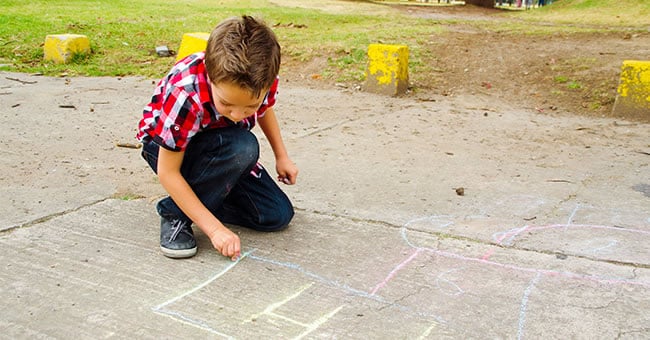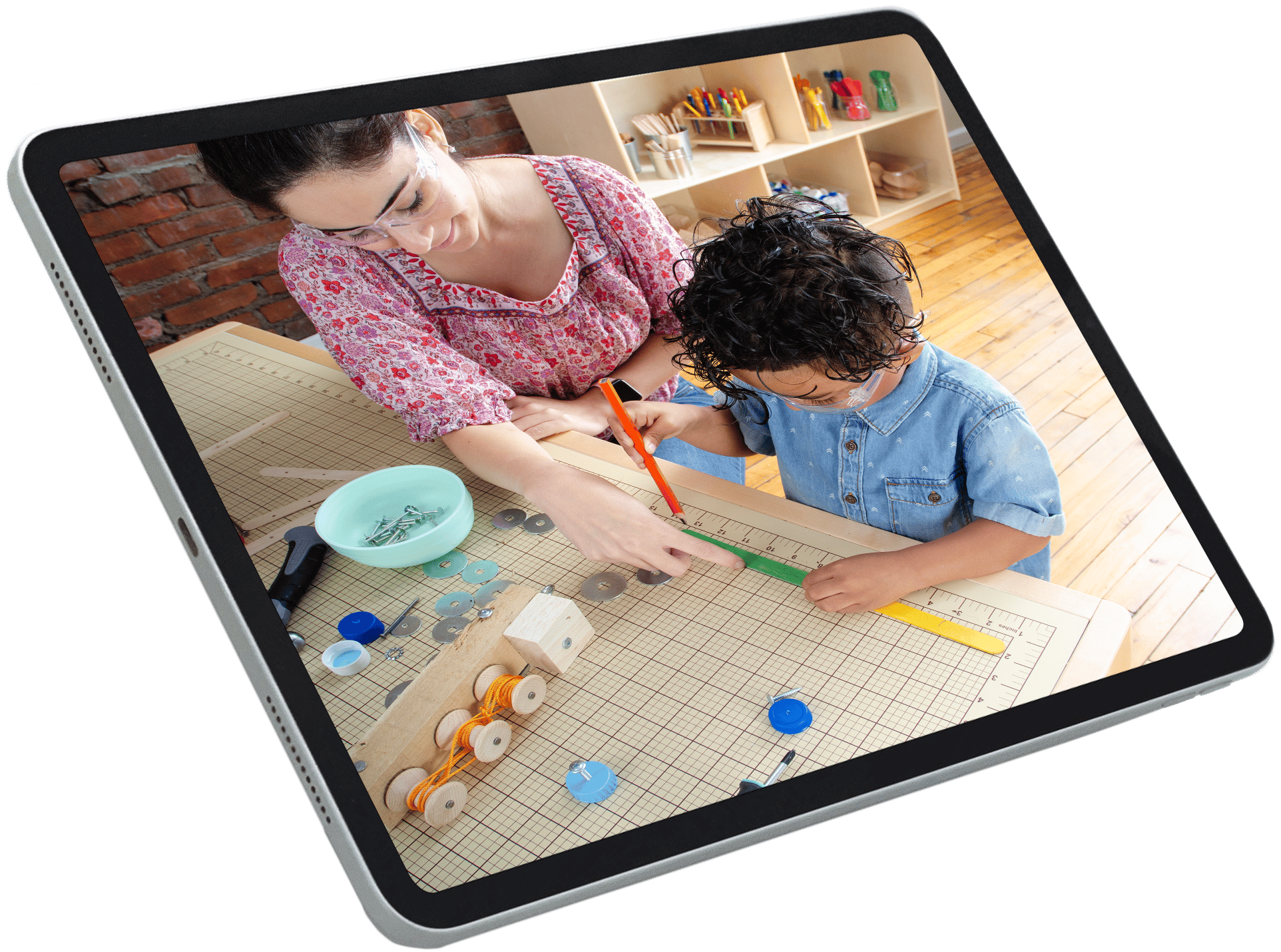
Active play gives children the opportunity to learn content as they play and helps them be physically active while they're at school. Children need to move in order to learn and grow, which is why using active play to teach subjects such as math and literacy is so important. Incorporating active play into the classroom can also encourage children to be more interested and enthused about learning. Here are a few tips on how you can teach math and literacy concepts with active play:
1. Provide students with a variety of dramatic play materials.
You can bring learning to life through dramatic play by having a wide selection of math and literacy materials easily accessible to students. Menus, children's magazines, notepads, shopping lists, and office tools are all great literacy materials to have readily available for students. Cash registers, play money, handbags, wallets, calendars, and order forms for tallying are just a few examples of math materials children can use in dramatic play.
2. Use movement-based activities to help students practice content skills.
Providing physical experiences through movement-based activities can help children process and learn information. If children act out vocabulary words or catch and throw as they practice math facts, they will be much more likely to remember a word or concept. This is because they can associate a certain movement with the word or skill, which makes it easier for them to remember if they need to know it for a test or use it in the real world.
3. Find ways to connect literacy and math to sports education.
There are plenty of natural opportunities for connecting literacy and math to sports education. However, it's important that you do this in an active context. Students need to actually be participating in the sport and in the connected math and literacy skills. For example, if children are learning about soccer in their physical education class, have them read player bios. You could also take them outside for a game of soccer and ask them to keep score throughout the game. Record keeping and statistics are two other examples of how you can connect math and literacy to sports education.
4. Utilize basic running games and sidewalk chalk to reinforce concepts.
You don't have to do anything fancy or complicated to incorporate active play into math and literacy. You can use sidewalk chalk to mark off a number line for number line races or create a hopscotch board for children to play hopscotch math. Another idea would be to have children write their vocabulary words on the sidewalk and draw an image to go along with each word. Jumping rope is also an activity that can be adapted to include math and literacy concepts.
Visit the Active Play section of our website for a large selection of materials you can use to incorporate active play into your math and literacy lesson plans.
